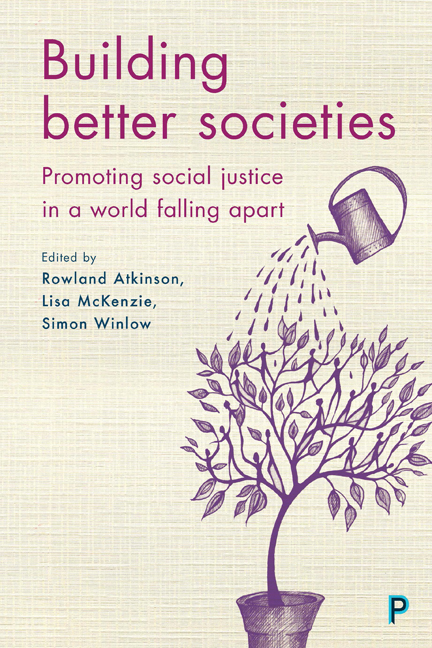Two - The social question and the urgency of care
Published online by Cambridge University Press: 05 April 2022
Summary
In the 19th century ‘the social question’ held currency as a term denoting the misery of the poor, downtrodden and underprivileged members of society. It also represented a call to debate with the bounds our social responsibilities and our dispensation to care for the social needs of others. Those asking ‘the social question’ were morally and politically concerned to alleviate the ‘social suffering’ experienced by people forced to live on low wages and in poor housing conditions. It was further understood to signal a commitment to combat the social causes of people's poor health conditions. ‘The social question’ was taken to express a shared understanding that there was something deeply wrong with the material conditions under which many people were made to exist; and further, that there was an urgent need to set social arrangements in place to make their lives worth living.
We are living through times where, as Tony Judt puts it, the social question has been ‘reopened’ (Judt, 2010, pp 174-8). Britain is now one of the most economically and socially divided countries in the world. The net income of the top 10% of households is around 10 times higher than that of the poorest 10% (about £80,000-£90,000). Around one-fifth of the population live in poverty (living on 60% or below of the UK median disposable household income of £25,400), and for children, this rises to 28.6% (Cribb et al, 2013; ONS, 2016). For the vast majority of people (about 95% of the population) disposable incomes are either in decline or stagnating, while among the richest top 1% of households they are rising at an ever-accelerating rate. The best-off (top 1%) currently have a minimum annual household income of around £190,000, and among these the average personal annual income is estimated to be £253,923 (Dorling, 2015; see also The World Wealth and Income Database at www.wid.world).
Such pronounced levels of income inequality are accompanied by significant health inequalities. According to the most recent studies the gap in life expectancy between the most materially advantaged and most deprived parts of Britain is around 8 years (79.1 to 71.2 years) for men and 6 years (83 to 77.7 years) for women, while differences in health life expectancy (the number of years in which an individual can expect to live in relatively good health) are even more pronounced, at 16.7 years for males and 16.8 years for females (ONS, 2015).
- Type
- Chapter
- Information
- Building Better SocietiesPromoting Social Justice in a World Falling Apart, pp. 15 - 26Publisher: Bristol University PressPrint publication year: 2017



